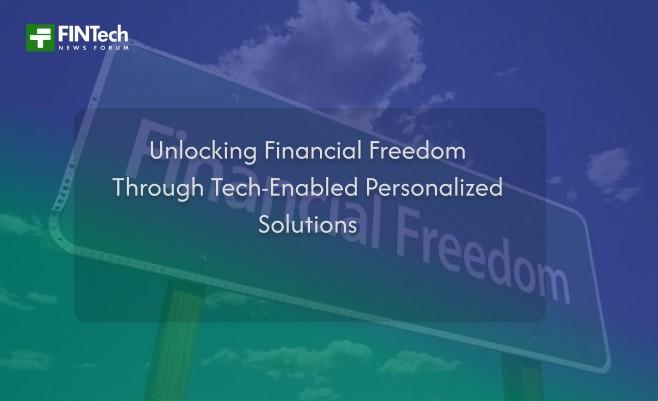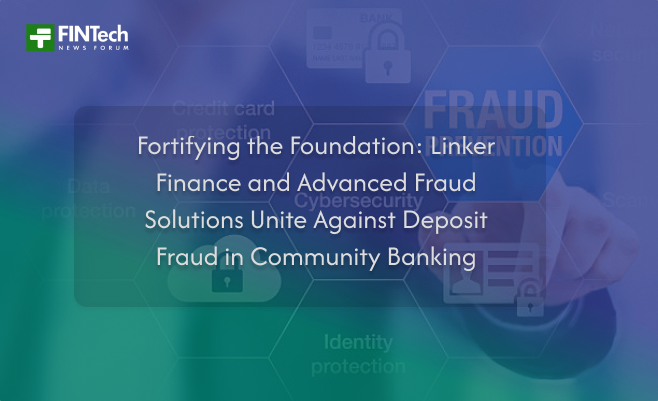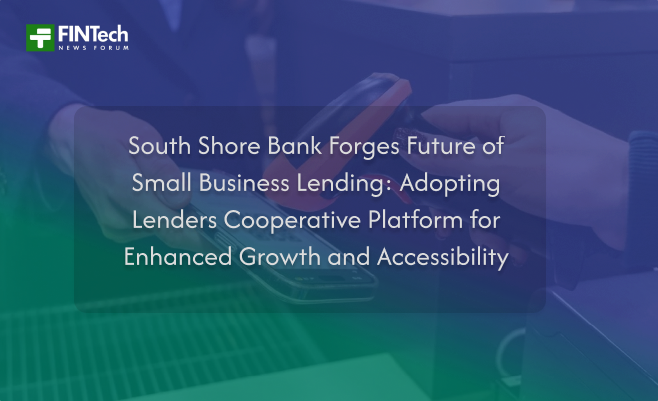
For most people, tax season brings a familiar mix of confusion, stress, and last-minute scrambling. From decoding deductions to filing returns on time, navigating taxes has traditionally been complicated, opaque, and time-consuming. But now, fintech is stepping in—not just to digitize tax filing, but to simplify, personalize, and even optimize the entire tax experience.
By combining automation, smart data integration, and real-time guidance, fintech is transforming how consumers handle their taxes. The result? Fewer errors, more savings, and a growing sense of control in an area that once felt completely out of reach.
Here’s how fintech is helping individuals and small businesses take the guesswork out of taxes.
🔹 1. Automated Tax Filing and Smart Integration
Gone are the days of manually entering income and expense details. Many fintech tax platforms now connect directly to bank accounts, payroll systems, crypto wallets, and gig platforms—automatically pulling transaction data and organizing it for tax purposes.
This seamless integration not only saves time but reduces errors and ensures that no income or deduction is accidentally missed, especially for freelancers, gig workers, or those with multiple income streams.
🔹 2. Real-Time Tax Calculators and Withholding Insights
Fintech platforms are increasingly offering real-time tax estimation tools, allowing users to see how their income and spending decisions will affect their tax liability long before April rolls around.
For salaried workers, this means smarter withholding strategies. For gig workers and entrepreneurs, it means being prepared for quarterly payments. Either way, fintech is turning taxes from a one-time headache into a year-round planning opportunity.
🔹 3. Smart Deductions and Personalized Tax Advice
One of the most valuable innovations is the use of AI to recommend deductions or credits based on a user’s financial behavior—such as work-from-home expenses, charitable contributions, or educational costs.
These tools guide users through complex rules with plain-language explanations, helping them optimize returns without needing to become tax experts themselves.
🔹 4. Crypto and Investment Tax Support
With more consumers trading stocks, crypto, and digital assets, tax reporting has become even more complex. Fintech apps now offer automatic capital gains tracking, tax-loss harvesting advice, and integration with popular investment platforms.
This ensures investors stay compliant while minimizing tax liabilities—especially important in a world where digital assets are still a regulatory gray area.
🔹 5. Tax Help for Small Businesses and Side Hustlers
Small business owners and side hustlers often fall between the cracks of traditional accounting services. Fintech platforms are closing that gap by offering invoicing, expense tracking, mileage logging, and automated quarterly tax calculations—all in one place.
These features not only reduce the risk of underpayment but also streamline compliance, freeing entrepreneurs to focus more on growth and less on bookkeeping.
Conclusion: From Frustration to Empowerment
Fintech is doing for taxes what it has already done for banking, investing, and budgeting: making it simpler, smarter, and more user-friendly. By turning a traditionally reactive process into a proactive, automated experience, fintech is helping consumers take control of their tax lives with confidence.
As tax laws grow more complex and digital income becomes more common, fintech’s role in this space will only deepen—empowering people to not just survive tax season, but actually leverage it as a tool for long-term financial health.















